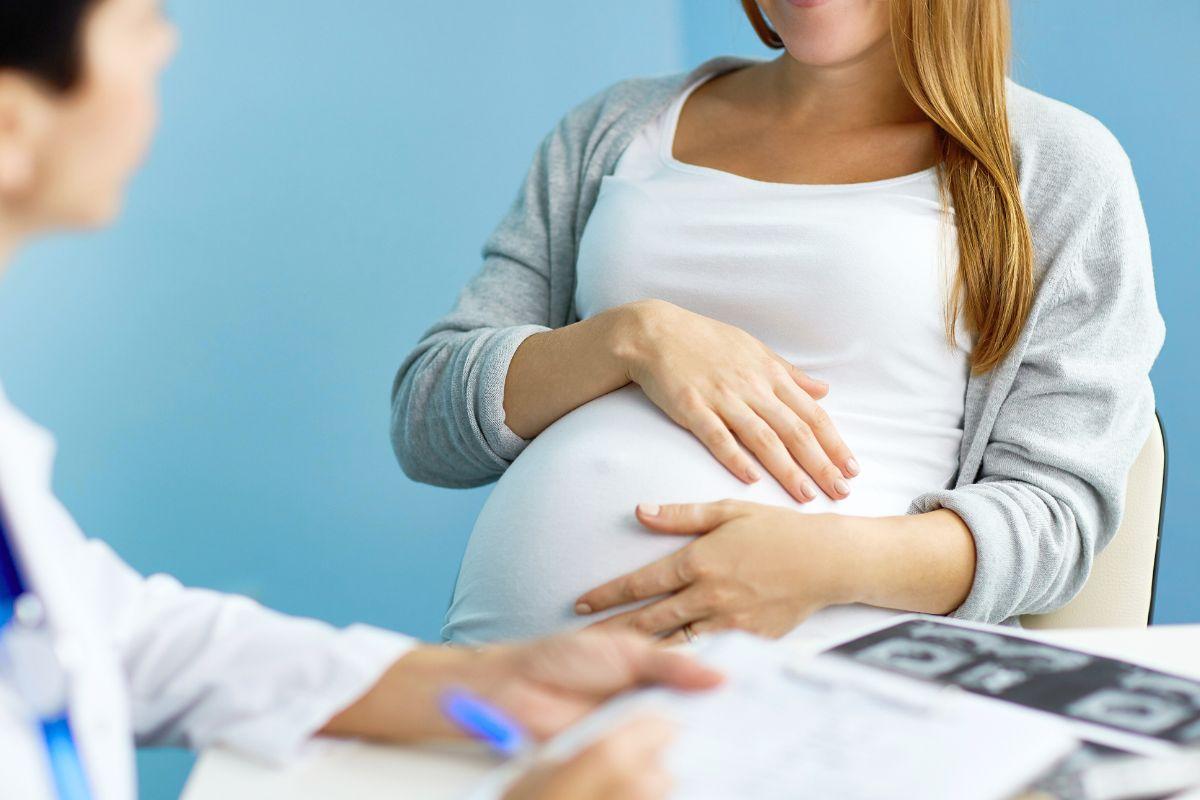A twin pregnancy is a pregnancy, in which in one uterus two fetuses develop at the same moment. A twin pregnancy is very exciting, but extra care is involved. While twin pregnancies require closer monitoring, most mums and babies do very well with proper medical care. Doctify is a way to connect with trusted obstetricians and gynaecologists who specialise in multiple pregnancies.
What makes a twin pregnancy different?
A twin pregnancy is a pregnancy with two fetuses developing at the same time in one uterus. Carrying two babies (or more) means extra strain on the body and additional monitoring for the babies’ growth. These can be: fraternal (dizygotic), two separate eggs with two placentas, or identical (monozygotic), one fertilised egg splits with the sharing of a placenta. Twin pregnancies have slightly higher risk factors for preterm birth, anaemia, or preeclampsia — which is why closer care is needed.
Early pregnancy: Confirming a twin pregnancy
During the first weeks of pregnancy some tests should be done in order to confirm a twin pregnancy. For example, initial tests, such as blood pressure, urine, and baseline blood work. An early ultrasound (during the first 6–8 weeks), this confirms the number of babies and placentas in the uterus. Determining chorionicity (whether twins share a placenta or not) is key for managing risks.
More frequent monitoring and ultrasounds
Since two babies are forming in the uterus, checkups, monitoring, and ultrasounds should be more frequent and more specialized. Routine checkups happen every 2–3 weeks, compared to every 4 weeks for single pregnancies. Including regular blood pressure checks and urine tests to detect preeclampsia early. The growth scans from around 16–18 weeks onward, every 2–4 weeks to monitor baby development. A closer tracking for signs of twin-to-twin transfusion (for identical twins sharing a placenta) is fundamental.
Nutrition and weight gain
Due to the fact that two babies are growing in the uterus, some nutrition changes should be made on the mother. A mother pregnant with twins should eat more, with calorie needs increasing to an extra 300 calories per day for each baby, which means an additional 600 calories daily for twins. A balanced diet should be incorporated, focusing on iron, folic acid, calcium, and protein, established by your GP or obstetrician.
As well, the mother carrying twins should drink more fluids daily, approximately 2.3 to 3 liters (8 to 12 cups), including water, milk, and others. Also, nausea, heartburn, or fatigue are more common in twin pregnancies, often managed by the GP or obstetrician. It is essential to stay hydrated and follow a diet plan advised by your GP or obstetrician.
Planning for delivery
The delivery timing can vary, but twins often arrive earlier, between 37–38 weeks for uncomplicated cases. The mode of delivery can be: vaginal delivery, possible if both babies are positioned head-down, or caesarean section may be planned if the first twin is breech or if complications arise. The most common delivery mode for twin pregnancy is caesarean since it reduces the complications that might appear. Nevertheless, decisions are made by the obstetrician based on both babies’ positions and mother’s health.
What to expect postpartum
Here is what will occur during the postpartum:
- Hospital stay for at least 24 hours for vaginal delivery, or 48 hours for cesarean section.
- Monitoring for increased risk of anaemia or postpartum bleeding.
- Support for breastfeeding — some mums breastfeed both babies successfully with help.
- Often checkups by GPs and your obstetrician.
- Emotional and physical recovery with extra rest and assistance.
When to contact your doctor urgently
Contact your doctor immediately if you experience any of the following:
- Sudden swelling, headaches, or visual changes (these might be possible signs of preeclampsia).
- Contractions, bleeding, or changes in baby movement.
- Early labour signs (remember, twins are more likely to be born preterm).
Conclusion
Twin pregnancy is a lovely and gratifying experience. Nonetheless, carrying two babies (or more) means extra strain on the body and additional monitoring for the babies’ growth. Twin pregnancies need more frequent and more specialized checkups, ultrasounds, and careful delivery planning. Also, some nutritional changes should be made on the mother, such as a balanced diet, increased calorie consumption, and augmentation in fluid intake. With expert care, outcomes are usually excellent. We invite you to stay in close contact with your obstetrician or midwife, and to book consultations with verified specialists on Doctify for expert twin pregnancy support.
Find the right specialist for you. Doctify uses verified reviews so you can make the best decision for your healthcare.

Feel free to consult an obstetrician through Doctify for personalised advice whenever you want, we will be happy to help you! Find the best obstetricians in the United Kingdom or search for the best specialists globally:
- Obstetricians in the United Arab Emirates
- Obstetricians in Germany
- Obstetricians in Austria
- Obstetricians in Ireland
- Obstetricians in Australia
Medically Reviewed
Last reviewed on 13/10/2025




